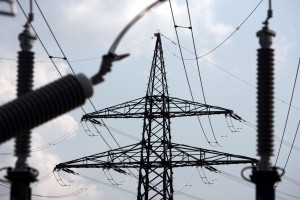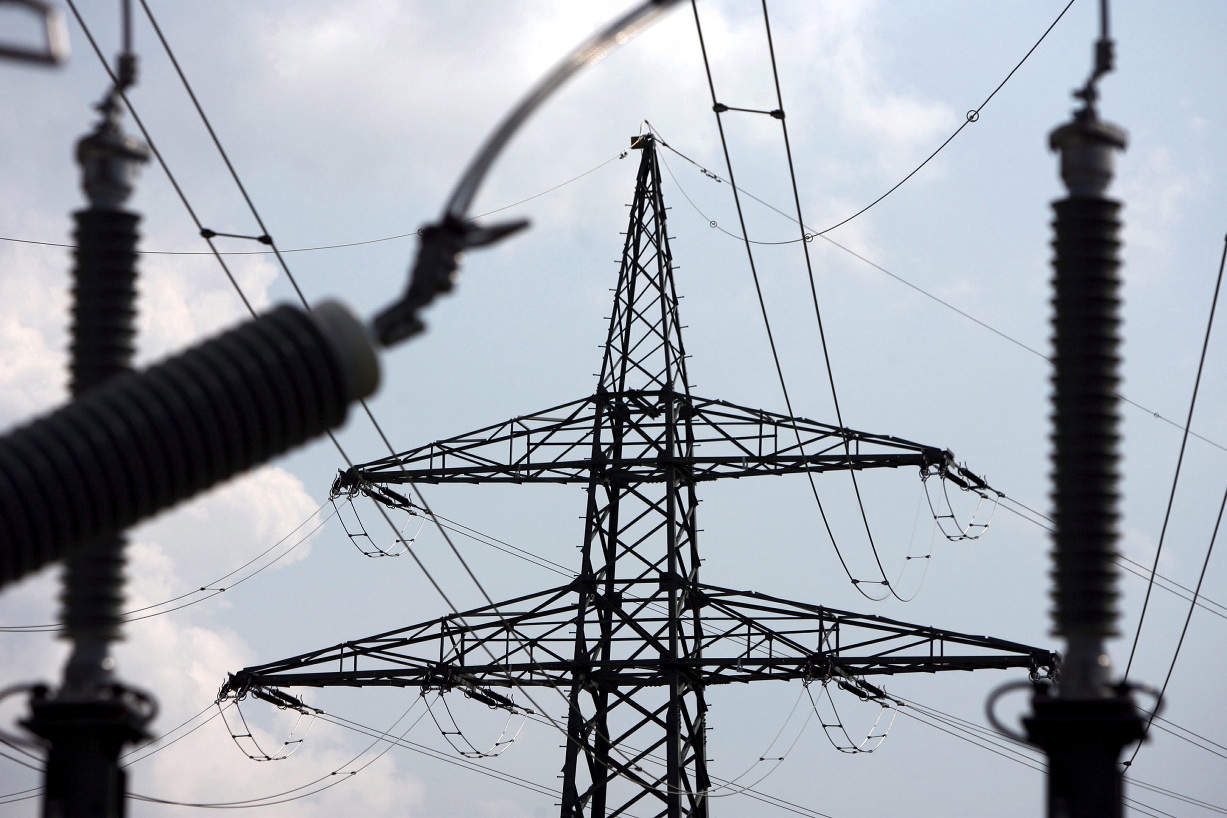
(AFP Photo)
By Mohamed Farrag
The government is targeting expansion in new and renewable energy projects in the next period, especially after the feed-in tariff was issued, despite the many challenges in applying new and renewable energy. The major challenge is, in particular, electricity storage.
Experts agreed that continuous demands of energy require linking the electrical grid with low-cost systems to store energy, to be prepared for rush hours through automatic control centres.
Galal Osman, Board Member of International Renewable Energy Agency (IRENA), said the Agency requested the establishment of an assembly for new and renewable energy storage by the end of this year. This assembly will organise with African countries the energy storage to be used when needed.
He mentioned that many countries, such as the US, Germany, Japan, China and India, have started to save energy. Osman added that to relay on renewable energy surplus electricity should be saved to be used when needed.
He added that generating renewable energy is unstable, and is difficult to predict its timing, so development of storage capacity is a must to save generated energy to be used in case of high demand.
Renewable energy expert Salah Arafa said that not using energy storage systems decreased the feasibility of these stations. This was due to the irregular speed and direction of the wind with time and the different time for sun rays along the day and its setting at night.
He added that storage can provide energy reserves if a renewable energy source suddenly stops working.
Energy storage systems limit the need to build electric power plants that will cost great investments. This way, they would only work during the rush time of load.
Onera Systems’ board director and chairman, Wael El-Nashar, said there are many countries that store energy, but it is hard to achieve this in Egypt because of the high costs.
Mohamed Salah ElSobki, Executive Chairman of the New & Renewable Energy Authority, announced in a statement that the economic feasibility of storing energy from projects is immense. He added that the current situation requires that the country starts implementing the projects whose power is at 4,300MW. When Phase II of the projects is done, the technology of storing energy should be considered.




